This project restores 172.8 hectares of degraded pastureland in eastern Paraguay, transforming them into biodiverse forest landscapes. Using a pioneering two-phase approach, fast-growing non-native Eucalyptus are first planted to prepare the soil and create canopy cover, followed by the introduction of native species that will remain undisturbed.
The result is a long-term transition to semi-native forests with enhanced carbon sequestration, soil recovery, and biodiversity. The project operates under FSC-certified practices and national Good Forestry guidelines, ensuring environmental safeguards and lasting ecosystem health.
With over 20 years of forestry experience, POMERA leads the project with strong local engagement and a deep commitment to sustainability.
BCR-PY-451-14-001
Project Registered
Hernandarias (Alto Paraná) and San Juan Nepomuceno (Caazapá), Paraguay
172,8 hectares

Afforestation and Reforestation (ARR)
153,133 tCO₂e over 40 years

01 December 2018 – 30 November 2058
Local employment, environmental education, rural development, and inclusive land restoration initiatives.
The project has a strong commitment to environmental and sustainable development that benefit local communities through the following contributions:
Environment
This project plays a key role in restoring ecological integrity to degraded pasturelands in Paraguay. By applying a two-phase planting system that begins with fast-growing non-native species and transitions into native forest cover, it improves soil quality, reduces erosion, and supports natural water regulation. The use of 11 native species promotes biodiversity and long-term forest resilience. All activities follow FSC-certified practices and adhere to Paraguay’s Good Forestry guidelines, ensuring high standards of environmental protection throughout the project’s lifecycle.
Community
Local communities are at the centre of the project’s implementation and benefit directly from its development. Public consultations were carried out in Hernandarias and Tapytá, and local residents have been involved in planting, maintenance, and monitoring. The project creates employment opportunities while also providing training and environmental education, helping to build long-term skills and awareness. These activities support rural development, promote social inclusion, and offer an alternative economic pathway for communities traditionally dependent on cattle grazing.
Climate Action
The project has already removed 13,368 tonnes of CO₂ from the atmosphere, as verified by an independent third party, with an estimated total removal of over 153,000 tonnes expected over the 40-year crediting period. These carbon removals contribute directly to global climate mitigation targets and support Paraguay’s national climate strategy. By converting degraded land into permanent forest cover, the project offers a high-integrity, nature-based solution for long-term carbon sequestration and ecosystem restoration.



GOAL 1 – No Poverty

GOAL 4 – Quality Education

GOAL 12 – Responsible Consumption and
Production

GOAL 2 – Zero Hunger

GOAL 6 – Clean Water and Sanitation

GOAL 13 – Climate Action

GOAL 3 – Good Health and Well-being

GOAL 9 – Industry, Innovation and Infrastructure

GOAL 15 – Life on Land
One Tribe enables businesses to be more sustainable by funding rainforest protection projects that store carbon from being released into the atmosphere. By enabling customers to protect rainforest when they shop online we also empowers consumers to drive positive change
One Tribe is a Climate Action Platform enabling businesses and their customers to make a positive environmental impact.


Eric currently works as an independent consultant at the intersection of nature and climate, focused on catalysing market and non-market solutions to drive the just transition.
He previously was Head of Product at Earthshot Labs, supporting nature conservation and restoration projects across the global south secure project finance. Prior to Earthshot Labs, Eric led nature-based carbon project development for Gorongosa National Park in Mozambique and founded the Carbon Cooperative, a global alliance of leading nature conservation and restoration practitioners exploring carbon finance. After serving in the Peace Corps in Mozambique out of university, he spent much of his 20s working in community-based conservation and ecosystem restoration efforts in Sub-Saharan Africa interspersed with two startup ventures as co-founder and CEO of a mental health tech startup and COO of a sustainable coffee company. Eric has a dual Masters in Environmental Engineering and Environmental Policy from Stanford University where he was a NSF Graduate Research Fellow and a BS in Environmental Engineering from Tufts University.
Alan is a risk management thought-leader, superconnector, and FinTech pioneer. His mission is to enable an Earth Positive economy which includes nature in global accounting systems.
Alan is Founder of Generation Blue, a venture studio dedicated to planetary game changers powered by exponential technologies. Previously, Alan established Natural Capital Markets at Lykke AG, pioneering blockchain based forestry and carbon backed tokens. Alan has over two decades of risk management experience advising global financial institutions, and was a founding member of the RiskMetrics Group, a JPMorgan spin-off. Alan is an investor and advisor to regenerative impact ventures, including TreeBuddy.Earth, Regenativ, and Vlinder Climate.
Lori Whitecalf made history when she became the first woman to be elected Chief of Sweetgrass First Nation in 2011. She served three terms of office from 2011-2017.
Lori took a two-year hiatus from leadership to expand the family ranch and serve as the FSIN Senior Industry Liaison. She was re-elected on November 29. 2019 and again on November 30, 2021, as Chief of Sweetgrass. Chief Whitecalf practises a traditional lifestyle of hunting, fishing and gathering. She currently sits on the following boards: Saskatchewan Indian Institute of Technology, FSIN Lands and Resource Commission, Battle River Treaty 6 Health Centre and Battleford Agency Tribal Chiefs Executive Council, FSIN Women’s Commission.
Tina is the Chief Business Officer for MLTC Industrial Investments, the Economic Development arm of the Meadow Lake Tribal Council. She has a diverse background of experience. Having spent 15 years as a municipal Chief Operating Officer, 20 years involved in Saskatchewan’s Health Authority Board Keewatin Yatthe and 9 years with Northern Lights Board of Education.
She continues as a Board Member with Beaver River Community Futures supporting small business development in her home region. Tina brings a wealth of experience in a variety of fields and many connections to the Indigenous communities of Northern Saskatchewan. In addition Tina holds a BA Advanced from the U of S, a Certificate in Local Government Authority from the U of R and is certified as a Professional Economic Developer for Saskatchewan and a certified Technician Aboriginal Economic Developer (TAED).
Tootoosis’ career spans 40+ years in HRM, political leadership, and Indigenous economic development, as a dedicated bridge builder and advocate for Indigenous causes.
As a key member of the Saskatoon Regional Economic Development Authority (SREDA) team since 2021, he develops strategies for the Truth and Reconciliation Commission final report and Call to Action #92.
He is a graduate of the First Nations University of Canada and a certified Professional Aboriginal Economic Developer. Spearheading various community initiatives while serving as a Chair of the SIEDN while directing ILDII and WIBF. Founder of MGT Consulting Tootoosis is based in Saskatoon, Treaty Six Territory.
Cy Standing (Wakanya Najin in Dakota) has a long and distinguished career including serving overseas as an Electronics Technician in the Royal Canadian Air Force, former Chief of Wahpeton Dakota Nation, former Vice Chief of the Federation of Saskatchewan Indigenous Nations (FSIN), past Executive Director of Community Development Branch of the Department of Northern Saskatchewan as well as an Order in Council appointment to the Federal Parole Board.
Mr. Standing has served as a Director on many Profit and Non-Profit Corporate Boards, including serving as a Director for Affinity Credit Union with assets of over six billion dollars as well as IMI Brokerage and Wanuskewin and is currently a member of the One Tribe Indigenous Carbon Board.